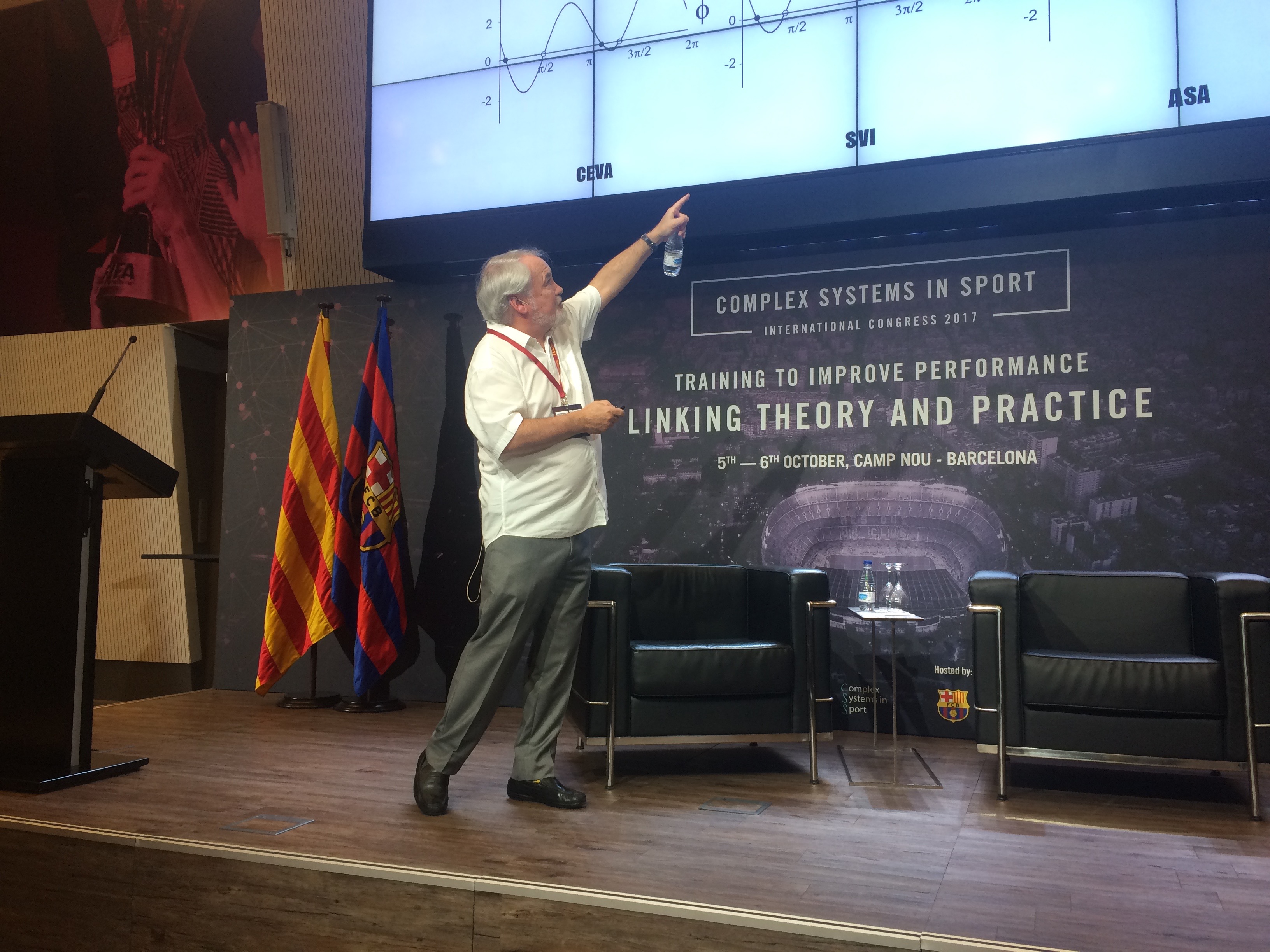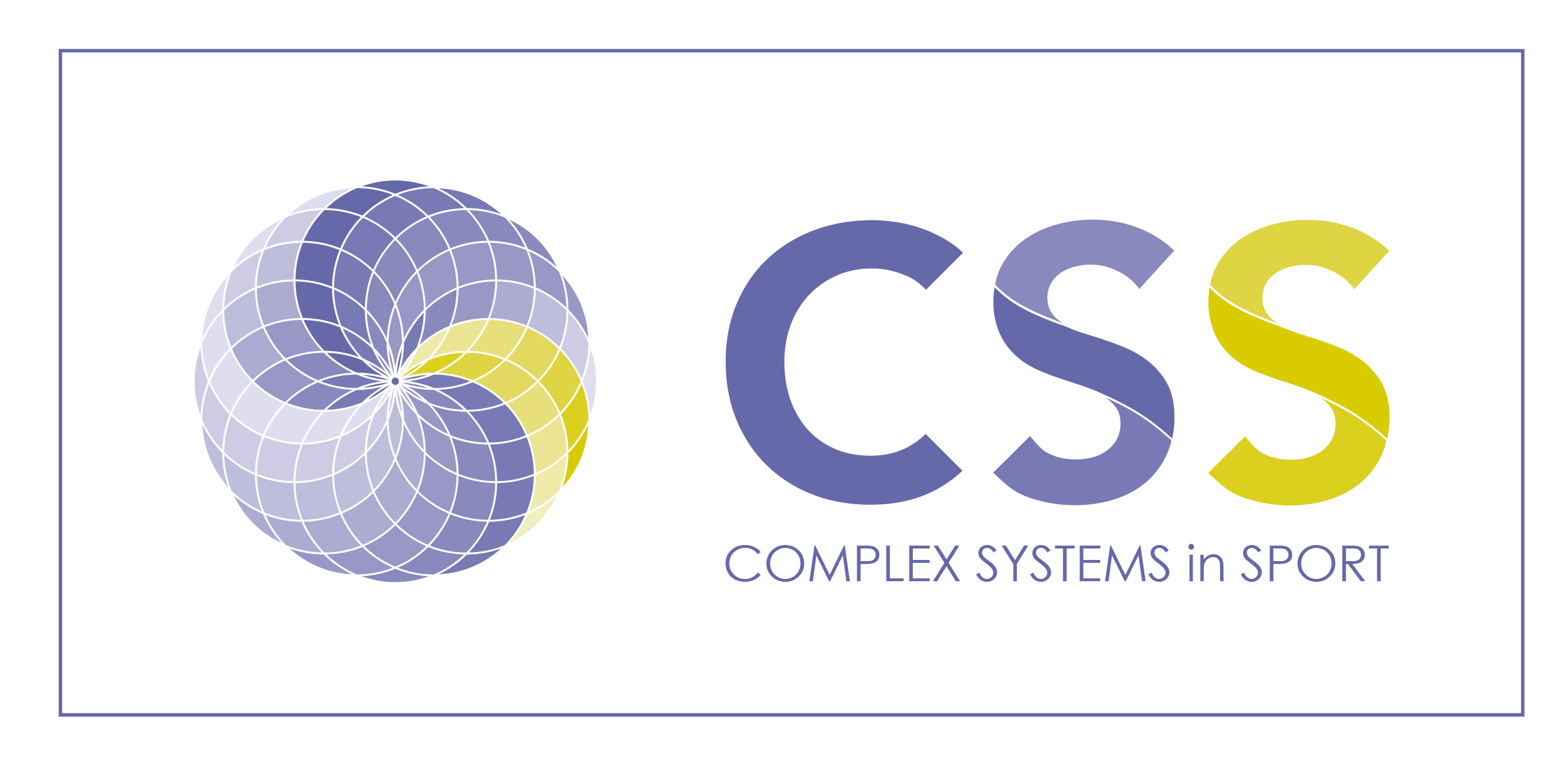Congress Complex Systems in Sport 2017
 THANK YOU FOR ATTENDING and participating in the International Congress Complex Systems in Sport 2017. Thank you for your contributions representing the most recent research and state of the art developped by a rich set of universities and sport organizations in the field of Complex Systems in Sport. Thank you for sharing your ideas and generously exchanging insights.
THANK YOU FOR ATTENDING and participating in the International Congress Complex Systems in Sport 2017. Thank you for your contributions representing the most recent research and state of the art developped by a rich set of universities and sport organizations in the field of Complex Systems in Sport. Thank you for sharing your ideas and generously exchanging insights.
The congress counted on the presence of 314 participants from 23 nacionalities, 5 keynote speakers, 21 invited speakers, 36 oral free presentacions and 35 posters. During the Closing Ceremony, Mr. Paco Seirul-lo was honored by the INEFC, the Research Group of Complex Systems and the FCB-Barça Innovation HUB from innovative teaching and his talented contribution to the area of Sport Performance.
In this 5th edition of the Complex Systems in Sport Congress it is time to evaluate where we are and get a consensus about where to go in the near future. The science of complex systems is evolving very fast and society is requesting for practical applications of our research, a non easy endeavour that obviously keep us really busy and involved.
Complex Systems in Sport is still a baby learning to walk. It started its development in areas like biomechanics, motor learning and control, and during the last two decades evolved fastly diversifying into fields like decision making, performance and game analysis, talent identification, sport injuries or thought dynamics with outstanding research published in top journals. We hope to be able to provide in the future enough research evidences and rigorous mathematical models for changing the dominant statical paradigm of sport science, still based on timeless inferential statistics. In our humble opinion, future efforts should be oriented towards a) trying to formulate deductive mathematical models and theories which should more rigorously channelize the experimental and empirical research, and b) extend the realm of Complex Systems in Sport to other areas (e.g., molecular and cellular biology in sports) by collaborating with specialists which already model and analyse these levels of organization using the complex systems toolbox.
We are very grateful to the join collaboration of Complex Systems in Sport Research Group, FC Barcelona and INEFC for organizing this congress and we hope to have contributed with our scientific work to do a step forward in the understanding of sport related phenomena. Sport scientists and also sport professionals can benefit of the complex systems approach because there is nothing more practical than a good theory.


Leave a Reply